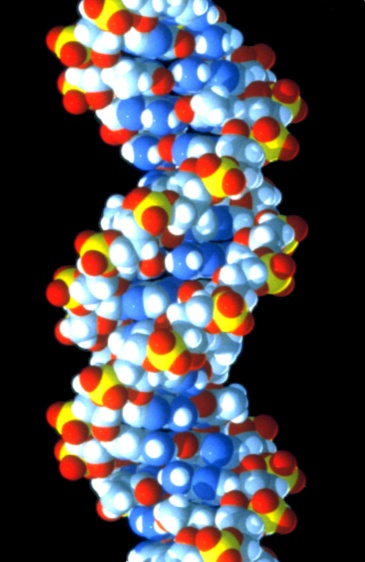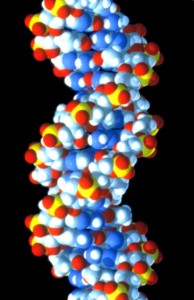Weekly Science Picks


This edition of weekly science picks is going to be a little different… it’s a smorgasbord of intriguing facts ranging from corporate ownership of our DNA to recycling building materials. Let’s get started.
This first story represents the line between scientific research and corporate profits that sometimes leaves the ethical, human components as an afterthought. Hopefully on Monday, 15 April, the US Supreme Court rectifies this when they hear oral arguments on a case concerning the patent of human genes.
The Supreme Court should invalidate the patent on human DNA by Jeffrey A. Rosenfeld and Christopher E. Mason
Today, Salk would be shocked to find that your DNA belongs not to you but rather to many companies and institutions that have patents on the DNA from your cells. Forty-one percent of the genes in your genome are not legally yours, according to a long list of gene patents that have been granted since the 1980s. These patents cover thousands of human genes and restrict a doctor’s ability to look at your DNA and plan your medical treatment. These patent claims contradict an intuitive sense that your DNA is no less yours than your lungs or kidneys.
As if Google wasn’t involved in our daily lives enough, they want to be their in death too. Don’t get me wrong, Google is great, I use their products every day. Although this story is a little creepy to think about, where to store or what happens with all that data we create while alive and breathing, is important.
Google Lets You Manage Your Digital Life From Beyond the Grave by Roberto Baldwin
Google announced today that users of its myriad digital services can control how their data is handled while they’re taking a dirt nap.
If you’re fascinated by buildings and building materials, you’ll enjoy this next story I came across on Arup’s website. Arup is a design, planning, and engineering firm with offices around the globe. (They designed and engineered the Sydney Opera House.)
Resources / The hidden assets of building by Mark Bowers
Take glass, for example. Glass from buildings is not widely recycled because it’s not as straightforward as taking empty bottles to the bottle bank. There are issues such as contamination from silicone sealants to consider, for example. But when Arup worked on refurbishing the Lloyd’s of London building, we showed it could be done.
And the last pick for this week is an update on another legal case soon to be heard in The Hague. The UN Court will hear oral arguments from representatives of both Australia and Japan over the Japanese whale research programme in Antarctica. The case is scheduled for 26 June to 16 July.
Australia to face Japan over whaling in UN Court by BBC News
“Australia will now have its day in court to establish, once and for all, that Japan’s whaling hunt is not for scientific purposes and is against international law,” Australia’s attorney-general, Mark Dreyfus, said.
Burnes K (2013-04-14 16:29:34). Weekly Science Picks. Australian Science. Retrieved: Jul 19, 2025, from https://ozscience.com/news/weekly-science-picks-26/
 Follow
Follow